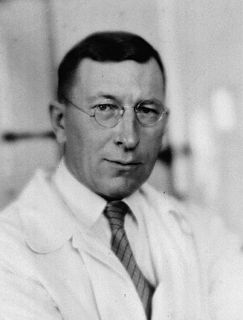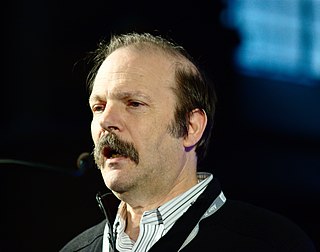A Quote by Stanley A. McChrystal
Industrial technologies that allowed for increased mechanization in 19th-century armed forces also spurred Frederick Winslow Taylor to develop his 'Scientific Management' doctrine in Philadelphia steel mills.
Related Quotes
In the early 19th century, when the country was transitioning from an agrarian to an industrial economy, we subsidised transportation and created a national bank. In the post-WWII era, we as a federal government made strategic investments in emerging technologies including microelectronics, telecommunications and biotechnology.
I worked with the Nato Military Committee. The Head of the Luxembourg Armed Forces had equal standing with me, and I had to respect that. He was the leader of the armed forces of a sovereign country. I had to make sure he never thought that I was looking down on them, merely because they had less power than we did. With that kind of approach you can develop bonds of trust. I tried to do the same thing with my colleagues when I was Secretary of State.
It may be that the invention of the aeroplane flying-machine will be deemed to have been of less material value to the world than the discovery of Bessemer and open-hearth steel, or the perfection of the telegraph, or the introduction of new and more scientific methods in the management of our great industrial works. To us, however, the conquest of the air, to use a hackneyed phrase, is a technical triumph so dramatic and so amazing that it overshadows in importance every feat that the inventor has accomplished.
I was really interested in 20th century communalism and alternative communities, the boom of communes in the 60s and 70s. That led me back to the 19th century. I was shocked to find what I would describe as far more utopian ideas in the 19th century than in the 20th century. Not only were the ideas so extreme, but surprising people were adopting them.




































